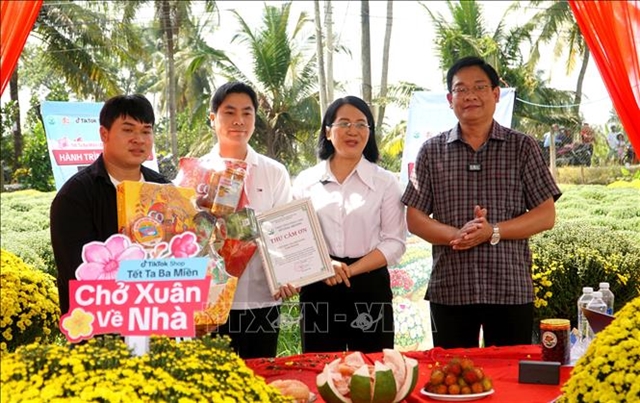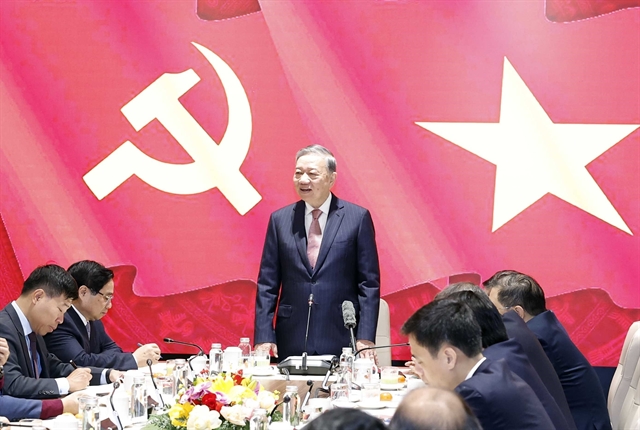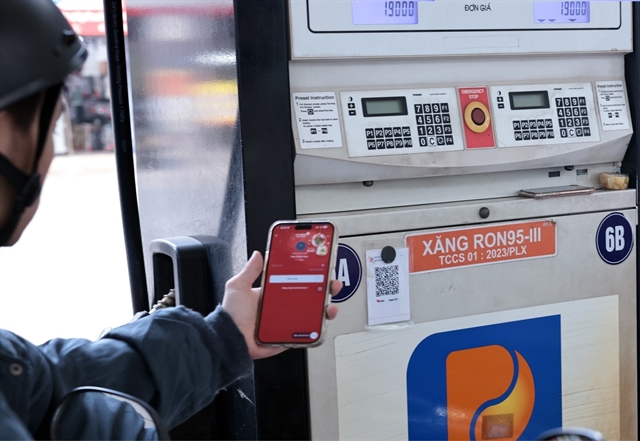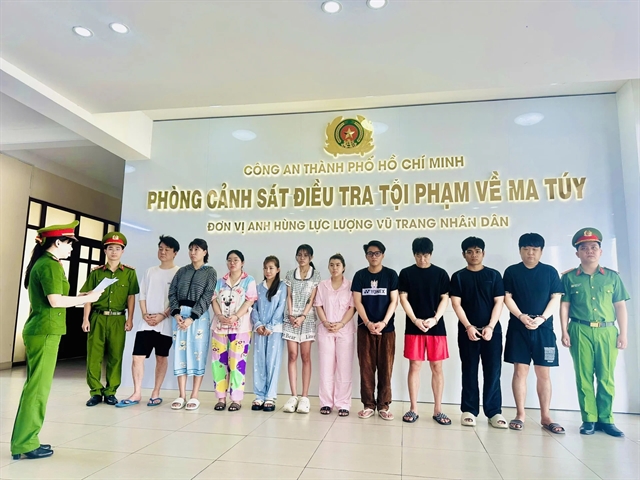 Society
Society

The bustling wildlife meat trade in the Central Highlands province of Gia Lai is easy to see, but local authorities claim it’s too “difficult” to handle hunters and traffickers.
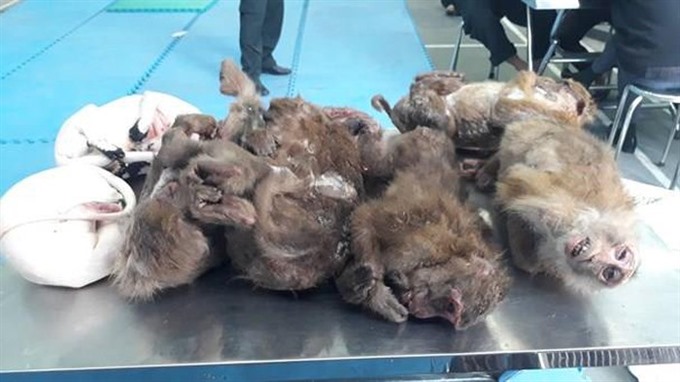 |
| The bustling wildlife meat trade in the Central Highlands province of Gia Lai is easy to see, but local authorities claim it’s too “difficult” to handle hunters and traffickers. — Photo vtc.vn |
GIA LAI — The bustling wildlife meat trade in the Central Highlands province of Gia Lai is easy to see, but local authorities claim it’s too “difficult” to handle hunters and traffickers.
Sơn Thủy restaurant in Sơn Lang Commune, Kbang District, is located a mere 300m from the communal People’s Committee building and is a popular destination for wildlife meat, reported Tiền Phong (Vanguard) newspaper.
The restaurant’s owner, Thủy, offers customers squirrels, porcupines, wild birds, weasels and wild pigs.
Even if these animals aren’t protected, it is illegal in Việt Nam to kill or hunt for wildlife without appropriate permits.
The restaurant also serves civet dishes for VNĐ350,000 (US$15) for a kilo of fresh meat, while a forest porcupine stomach goes for VNĐ250,000 each.
The restaurant purchased all wildlife in Kon Pne Commune (Kbang District), 70km from Sơn Lang Commune, according to Thủy.
She also claimed that customers as far as from HCM City and Hà Nội also came to Pleiku City, Gia Lai Province to purchase wildlife meat.
Similarly, another restaurant, An Khương, in KBang Town, Kbang District, offers mink, forest bird, wild boars and civets.
Nguyễn Văn Hoan, director of Kon Ka Kinh National Park, said that the 42,000ha park was home to tigers, pangolins, squirrels, minks, civet, wild boar and gray-shanked douc langurs, adding that workers and local rangers patrol the area for hunters daily.
According to Hoan, illegal wildlife hunters use guns: "Arresting illegal wildlife hunters is extremely dangerous. If rangers hide behind the bushes, wildlife hunters could mistake them for wild beasts. They could be shot.
"Co-ordination between local authorities, national park’s management board and rangers is needed. The most important thing is to improve the livelihoods of local people so that wildlife hunting could decrease,” he said.
Trương Thanh Hà, head of the Forest Protection Department of Kbang District, the Central Highlands province of Gia Lai, said that so far this year, local rangers had not uncovered any wildlife trafficking or transporting cases, while last year they only uncovered one.
He confirmed some people used homemade guns to hunt wild animals and rangers had met armed people while on patrol, mainly in Kon Ka Kinh National Park and Kon Chư Răng Nature Reserve.
Hà said the owners of restaurants in the region had committed to local authorities to stay out of the illegal wildlife trade.
According to Trương Văn Nam, deputy director of Forest Protection Office, at Gia Lai Province’s Forest Management Department, the province currently has 597,000 hectares of natural forest.
So far this year, provincial rangers have worked with agencies to catch and handle two cases of wildlife trafficking, a five-civet case and a 7.5kg Indian rat snake.
The illegal wildlife trade is so profitable that many people take the risk of being caught and prosecuted.
Bùi Thị Hà, Director of Law and Policy Programme under the Education for Nature Việt Nam (ENV) said significant changes in policy regarding wildlife crimes of the 2017 Criminal Code played an important role in Việt Nam’s wildlife protection and conservation efforts.
By raising the maximum penalty for wildlife trafficking to up to15 years in prison for a first offence, criminals were likely to be punished with penalties commensurate with the tremendous profits they got from the trade, Hà said.
“I believe that only strict criminal sanctions can reduce the hunting and trading of wildlife and contribute to the Việt Nam biodiversity protection,” said Hà.
The profit in the trade was thought to be equal to weapons and drug smuggling and human trafficking, Hà said.— VNS

